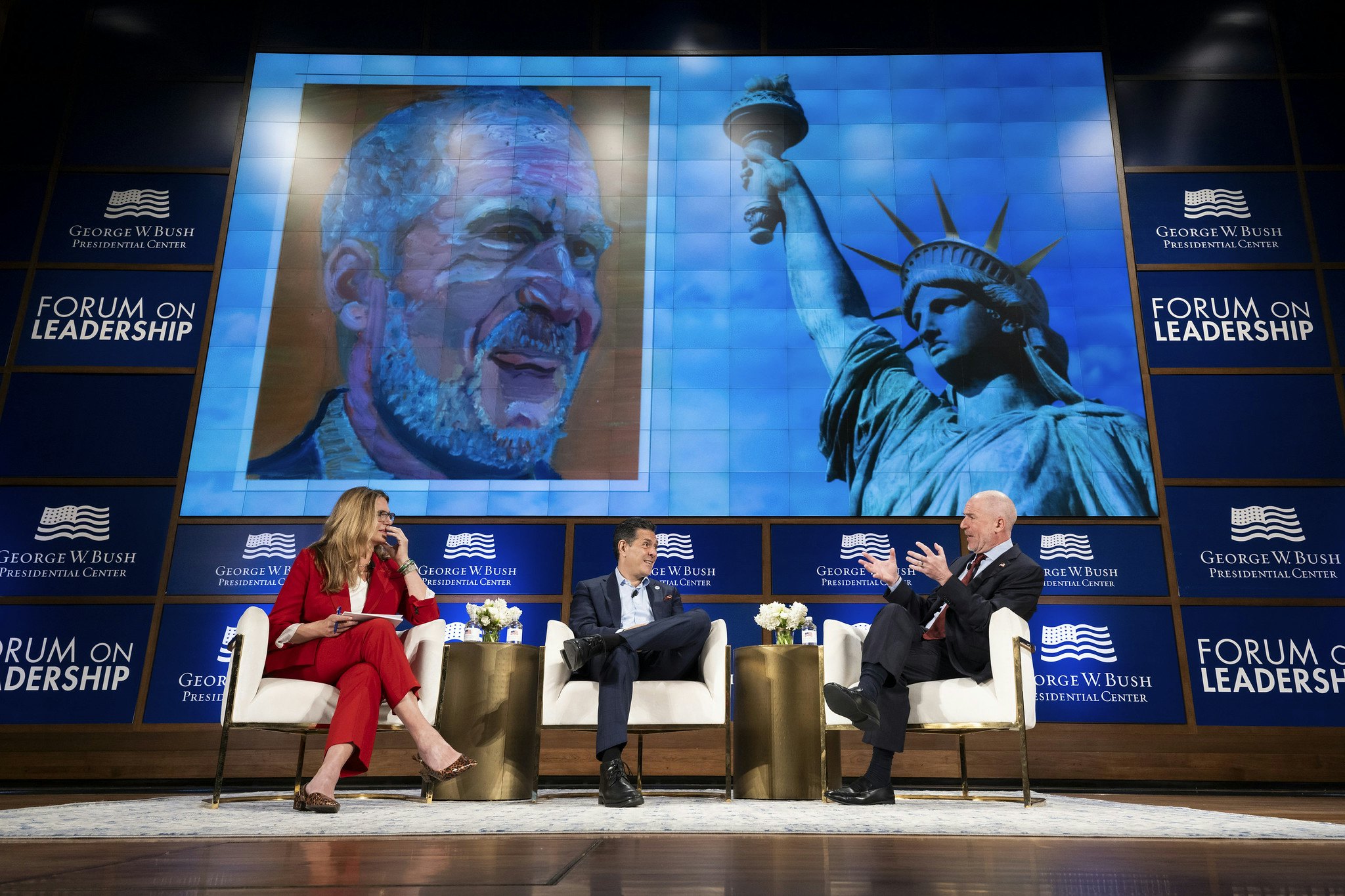The incoming administration and Congress will make decisions over the first half of 2025 in five key economic policy domains: tariffs and trade, industrial and innovation policy, business regulation, the national debt, and tax reform. Here's our take:
The incoming Trump Administration will need to decide whether and how to release more than $1 trillion in subsidies and tax credits for domestic semiconductor and green-tech manufacturing authorized under the CHIPS Act, the Inflation Reduction Act, and the Bipartisan Infrastructure Act. The Biden Administration has yet to release most of the funds as planned, although current Commerce Secretary recently announced her intent to release as much of the funds appropriated under the CHIPS Act as possible in the final weeks of the current administration.
Additionally, the Trump Administration and Congress will need to determine the direction of future industrial and innovation policy, as the Biden Administration’s embrace of state-directed industrial policy has been a sharp departure from federal policy under previous administrations for at least the last 30 years.
- Why it matters: Federal investment in research and development now stands at only 0.7% of GDP, down from 1.0% as recently as 2010. The United States accounts for 12% of the world’s production of advanced semiconductors today, while Taiwan accounts for 68%, potentially making America and its allies vulnerable to Chinese coercion for products that are indispensable to the modern economy.
- Our take: The Trump Administration should, on national security grounds, release the remaining CHIPS Act subsidies and generally promote diversification of advanced semiconductor fabrication to the United States and other countries outside Taiwan and China. However, Congress and the administration should scale back the Inflation Reduction Act green-tech tax credits, avoid industrial policies aimed at subsidizing individual companies in most industries, and raise federal R&D investment at least to 1%, since the U.S. government has long been much better at supporting science and technology research than at picking winners and losers among individual firms.






























